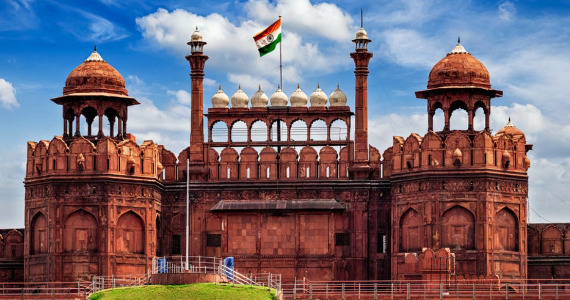[ad_1]
Banks have expressed reservations against the proposed 20 per cent tax collected at source (TCS) under the Liberalised Remittances Scheme (LRS), especially credit card spends abroad, and want the government to reconsider the proposal as they feel it imposes a heavy “burden” on them, it is learnt.
On Wednesday, in a reversal of its earlier decision, the government deferred the move to include international credit card spends outside India under the LRS. This means there will be no levy of TCS on international credit card spends outside India as of now. The government also extended the timeline to levy the higher proposed TCS rates with effect from October 1 instead of July 1.
Banks had informally raised the hurdles behind implementing the scheme to the regulator, the Reserve Bank of India, and the Finance Ministry. “We had raised reservations about the TCS on LRS in informal discussions with the ministry. It’s a burden on the banks and customers were critical about the proposal. Besides, there are IT issues which are yet to be resolved,” said a member of the Indian Banks Association, an industry group, requesting anonymity.
According to the IBA executive, it is difficult to track overseas credit card spends and other remittances on a real-time basis. “We are not sure whether banks will be ready by October also. The government is also not getting any money from this TCS while banks are faced with a heavy burden to collect the tax. It’s not easy to create a platform for this purpose,” he said.
According to a senior banker, the government exchequer is not getting any money from the TCS. This is because TCS can be adjusted against the overall tax liability. It can be claimed as an income tax refund or a person can avail of credit while filing the ITR or calculating the advance taxes.
The government’s postponement on Wednesday came amid banks raising concerns about the unpreparedness of their reporting systems to roll out the differential TCS levy for multiple categories such as medical, education and overseas tour packages, among others.
Legal experts also expressed reservations about the TCS proposals. “The government should reconsider the proposed rate hike of 20 per cent above Rs 7 lakh, post September 30, 2023, also. It puts unnecessary cash flow pressures for taxpayers, while not serving any additional purpose for the government, as far as garnering tax revenues is concerned since ultimately the TCS is available as credit to the taxpayer,” said Shruti K P, Partner at law firm IndusLaw.
Banks and credit card networks had raised concerns regarding the implementation of the proposed TCS on international credit card payments given the extensive tweaks required to banks’ IT infrastructure, Shruti said.
This (revised rates) will provide banks and card networks adequate time to put in place their IT infrastructure, needed to ensure that there is a suitable mechanism for tracking remittances covered within the ambit of LRS in order to comply with TCS requirements, said Riaz Thingna, Partner at Grant Thornton Bharat.
The 2023-24 Budget had proposed hiking the TCS rate to 20 per cent from 5 per cent above Rs 7 lakh threshold for all purposes other than education and medical treatment. Also, for overseas tour packages, the government had proposed hiking the TCS rate to 20 per cent from 5 per cent, without any threshold, with effect from July 1.
On May 16, the Centre amended rules under the Foreign Exchange Management Act (FEMA), bringing international credit card spending under the LRS. As a consequence, spending on international credit cards would have then attracted a higher rate of TCS at 20 per cent from July 1. However, on May 19, the government clarified that any payments by an individual using their international debit or credit cards up to Rs 7 lakh per financial year will not attract TCS.
[ad_2]











